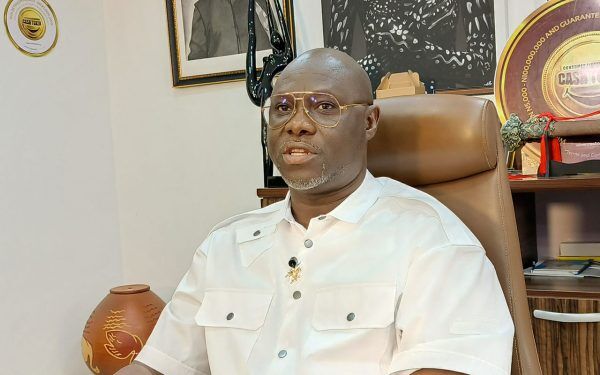National reward programme, in contemporary Nigeria, the prevailing circumstances necessitate a departure from conventional thinking, urging individuals, organizations, and governments at every echelon to embrace innovative solutions, commonly referred to as “thinking outside the box.” President Bola Tinubu is fervently engaged in a race against time, deploying a multifaceted approach to restore hope among Nigerians, aiming to extricate them from the grips of hunger, misery, and despondency that has permeated the nation.
The challenges faced by the country (national reward programme) are existential in nature, demanding solutions that can recalibrate the trajectory of the state towards a more promising future, spanning both short and long-term perspectives. Various government policies are being implemented to address these challenges, with a focus on alleviating the hardships experienced by Nigerians. However, there is a prevailing sentiment that a collective effort is imperative to salvage the nation from its current predicament.
Amidst this discourse emerges the proposition of a National Reward Programme, a subject that has garnered attention through contributions from individuals such as Mr. Jones Udemba and Mr. Femi Lawal, disseminated on influential print and online platforms. Additionally, Chief Lai Labode, the Chief Executive Officer of CashToken Rewards Africa, shared insights on Arise Television, catalyzing further discussions.
From the available information, the National Reward Programme appears to be an innovative scheme offering instant cash rewards to consumers for their purchases across diverse businesses throughout the country, encompassing both goods and services. Participants are not only rewarded for routine purchases, regardless of their perceived significance, but also stand a chance to win substantial amounts in the National Consumer Draw held every Friday, ranging from N5,000 to N100,000,000.
In essence, the program holds the promise of delivering significant benefits to three key stakeholders in the socio-economic fabric of the country: Nigerian consumers, businesses, and the government. For consumers, it injects money back into their pockets with every purchase; for businesses, it translates into higher yields through increased patronage, and for the government, it represents a potential boost to revenue.
Chief Lai Labode, in his interview on Arise Television, emphasized that the program is envisaged as a Public Private Partnership (PPP). This aligns with the ongoing trend of federal and state governments collaborating with private-sector organizations to address various challenges faced by Nigerians.
One of the notable features of the program is its potential to generate extensive data, contributing to the expansion of the tax net and, consequently, generating additional revenue for the government. To address concerns raised about sustainability, references are made to existing reward programs in Lagos and Ondo states, known as Eko Token and Sunshine Token, respectively. By scaling up to the national level, proponents argue that the program can accommodate more Nigerian consumers and businesses, ensuring its long-term viability.

National reward programme
The certainty of the program’s benefit to Nigerian consumers lies in the fact that, as long as they make purchases, they are assured of instant cash rewards. Businesses are expected to experience sustained growth, and the government anticipates a continual inflow of revenue through this innovative approach. In essence, the National Reward Programme holds the promise of being a transformative initiative with the potential to address economic challenges and contribute to the nation’s overall well-being.
Source: guardian.ng










